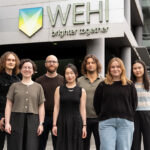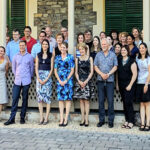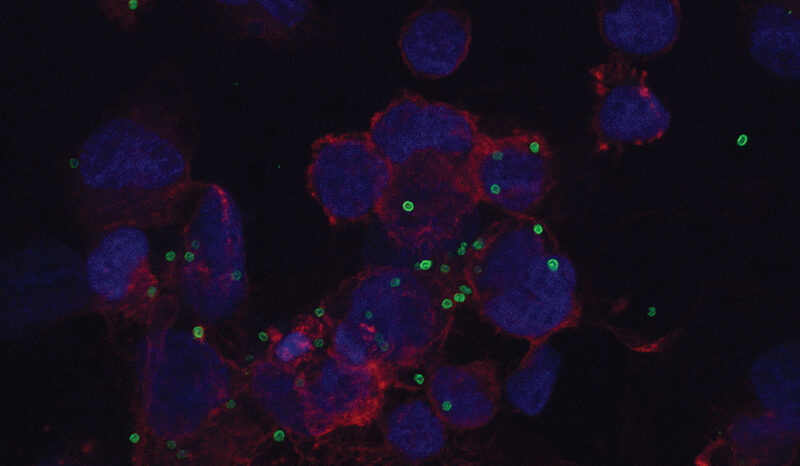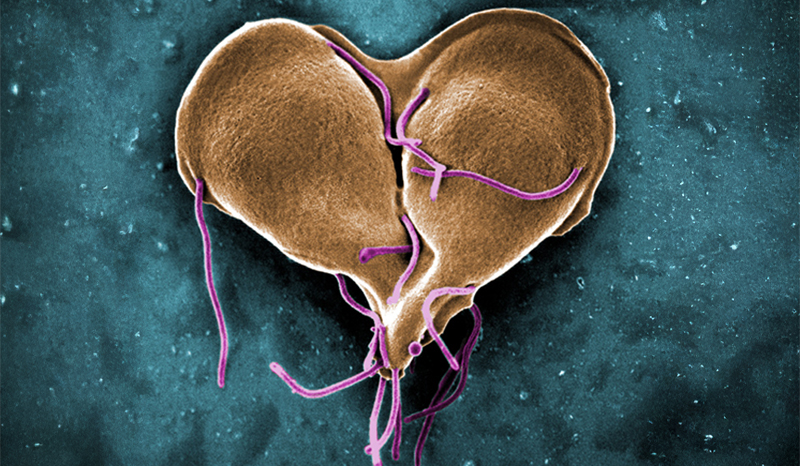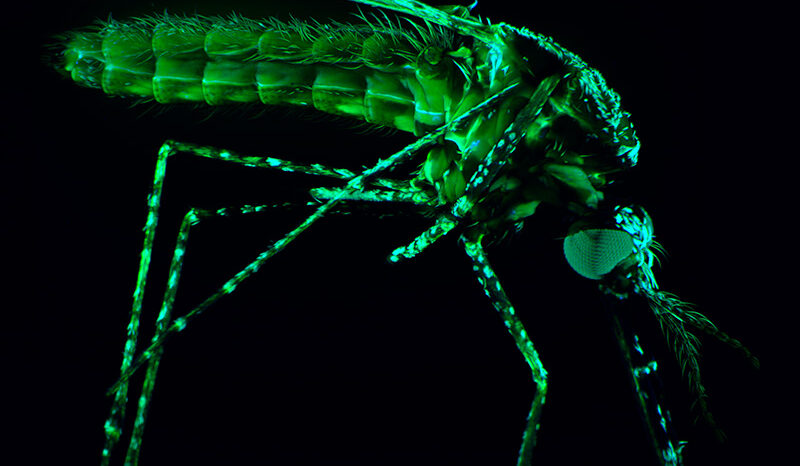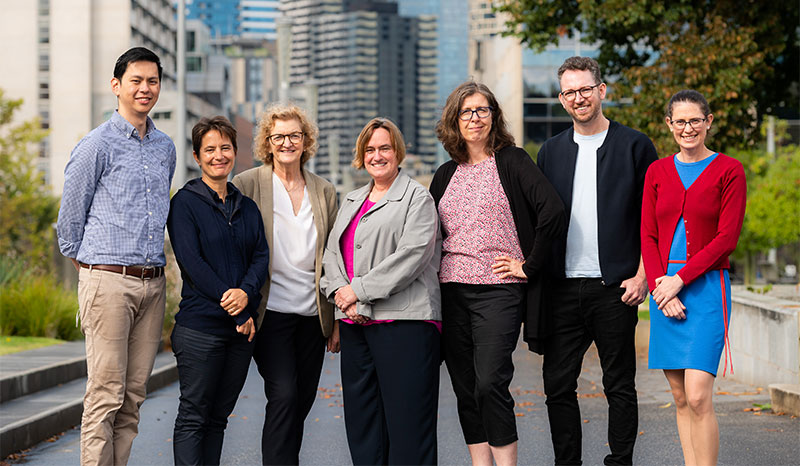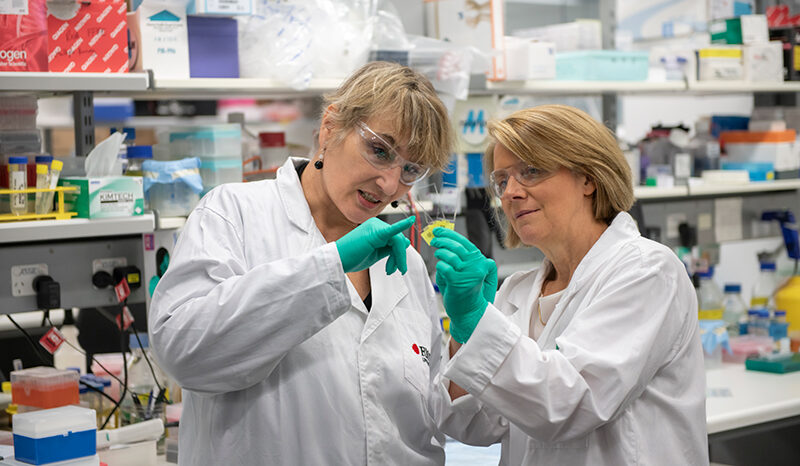Coeliac disease is an autoimmune condition caused by gluten, a food protein found in wheat, rye, barley and oats. Coeliac disease often causes digestive symptoms such as bloating, abdominal pain and diarrhoea. It can also cause anaemia, low iron levels and excessive tiredness. It is also associated with osteoporosis, other autoimmune disease, infection and some types of cancer.
Our research has revealed that 1 in 60 women and 1 in 80 men in Australia have coeliac disease but 80 per cent remain undiagnosed.


